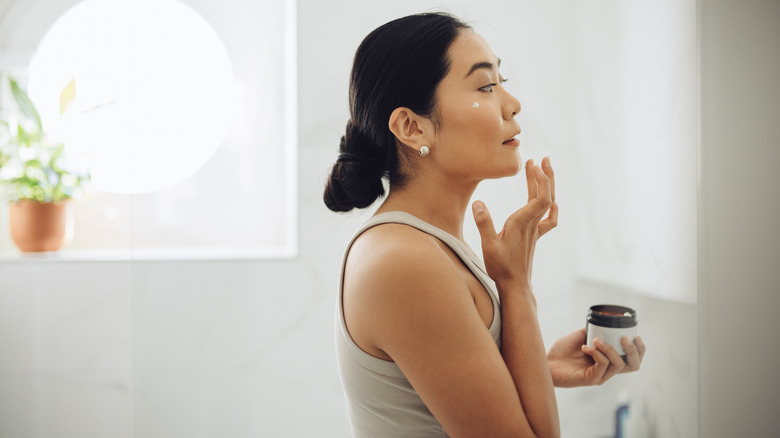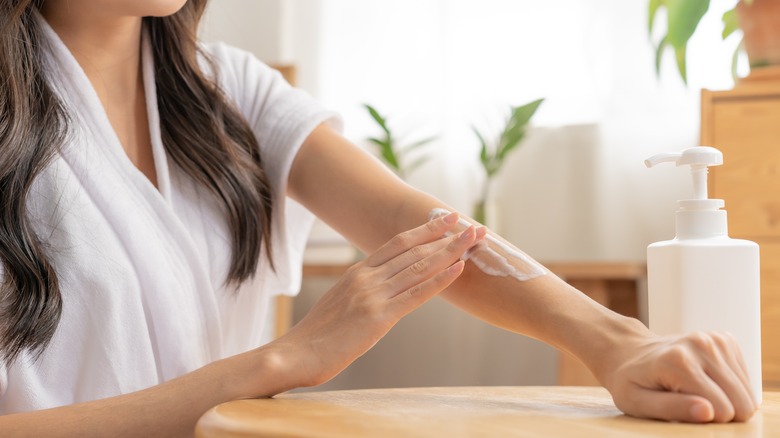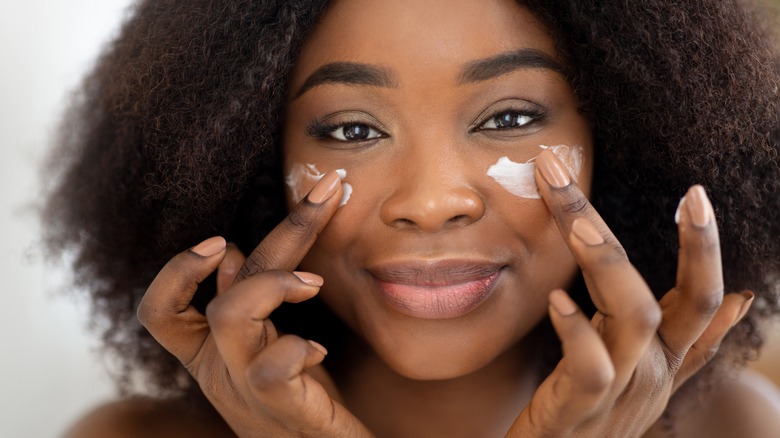Is Butylene Glycol Safe For Skincare Products?
With the multitude of ingredients found in skincare products, it can be difficult to keep up with them all, let alone weed out the ones that may not be safe or even effective. With more and more people establishing skincare routines and the world becoming more wary of harmful ingredients, many are second-guessing their skincare products.
While everyone has a unique genetic makeup and will respond to topical agents differently and anyone can be prone to reacting to a certain ingredient, some additives are simply unsafe. To combat harmful elements found in cosmetics, Environmental Working Group's Skin Deep website reviews beauty products and lists harmful ingredients to determine their level of safety.
Butylene glycol is commonly found in foundation and concealers but also makes up various beauty products, including facial moisturizers, eyeliners, mascara, shampoo, conditioner, lipstick, toner, exfoliant, and more. With its widespread use, there are some things to know about butylene glycol.
How butylene glycol rates in safety
A type of alcohol, butylene glycol is made from corn, as per Healthline. It works to foster key processes that cosmetics need, such as preventing ingredients from sticking and allowing for a smooth and flowing consistency, which is vital for foundation and concealers, as well as the other cosmetics that use it. The compound prevents makeup and products from clumping, and it is also added to food.
In general, butylene glycol doesn't pose a high risk and isn't considered to be unsafe. It typically doesn't cause irritation or dryness in most people. Skin Deep rates butylene glycol as a 1 which is the best rating the website gives, with 10 being the worst.
Of course, any ingredient has the potential to cause an allergic reaction in certain people so it's always best to do a patch test before using any new makeup or skincare product. This is especially true if you have sensitive skin.
Butylene glycol ranks above a similar ingredient in its safety and execution
Sometimes, butylene glycol is mistaken for propylene glycol, which is not as safe. Though both alcohols, propylene glycol is more irritating and has a higher potential of causing contact dermatitis, cosmetic chemist Ron Robinson explained to Byrdie. Due to its ability to cause uncomfortable skin reactions, in many cases, cosmetic companies have replaced it with butylene glycol.
Butylene glycol may be considered a hat trick of the cosmetic world since it acts as a humectant, solvent, and emollient. It works incredibly well at moisturizing because it pulls in water from the environment to the skin. At the same time, it prevents skin from losing its existing moisture while also helping to make it supple and smooth.
According to board-certified dermatologist Dr. Morgan Rabach speaking to Byrdie, butylene glycol is so mild for most people that it can be used daily. If you do, use it as directed in product instructions.


